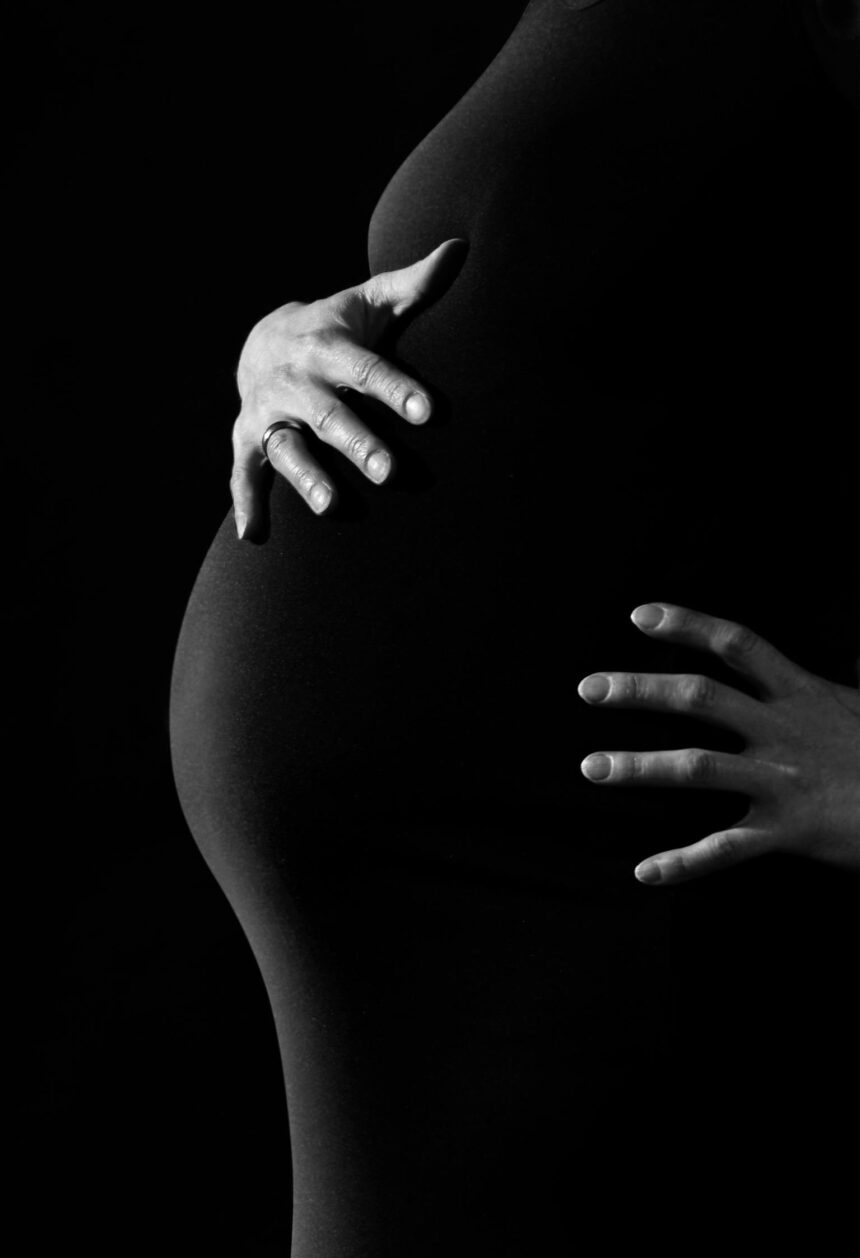Pregnancy is an important time for nutrition because it affects both the mother’s and the baby’s health. Proper nutrient intake ensures that the baby develops appropriately while also keeping the mother healthy. In this post, we’ll look at the most important nutrients for expectant mothers, their advantages, and the best food sources to receive them from.
MUST READ;Nutritional Psychiatry: How Diet Impacts Mental Health
Folic acid (folate) is one of the most critical nutrients during pregnancy. This B-vitamin helps to avoid neural tube defects, which damage the baby’s brain and spinal cord development. It is particularly important during the early stages of pregnancy. Expecting mothers should consume 400-600 mcg of folic acid per day, which can be found in leafy green vegetables like spinach and kale, citrus fruits such as oranges, beans, lentils, and fortified cereals.
Iron is another essential nutrient, as it aids in the production of extra blood required to deliver oxygen to the infant. Iron deficiency during pregnancy can cause anemia, tiredness, and a higher risk of premature birth. Pregnant women require approximately 27 mg of iron per day, which can be gotten from lean meats like as beef, chicken, and turkey, as well as dark leafy greens, legumes, lentils, and iron-fortified cereals.
Calcium is crucial for the formation of healthy bones and teeth in babies. If a mother’s diet is deficient in calcium, her body will remove it from her bones, perhaps resulting to long-term health problems. The daily recommended intake is 1000 mg, and suitable sources include dairy products like milk, yogurt, and cheese, leafy greens like broccoli, almonds, and fortified plant-based milks like soy or almond milk.
Omega-3 fatty acids, particularly DHA and EPA, are essential for the baby’s brain and eye development. They also assist to reduce inflammation, which may minimize the risk of preterm birth. Pregnant women require approximately 200-300 mg per day, which can be found in fatty fish like salmon, sardines, and mackerel, as well as flaxseeds, chia seeds, walnuts, and omega-3 fortified eggs.
Protein is essential for the development of the baby’s muscles, tissues, and organs. It also aids in the mother’s physiological functions during pregnancy. Expectant mothers should consume 75-100 grams of protein per day from foods such as lean meats, eggs, dairy products, beans, lentils, chickpeas, nuts, and seeds.
Vitamin D is required for calcium absorption, which promotes good bone formation in both mother and infant. It also strengthens the immune system. The recommended daily consumption is 600 IU, which can be obtained from moderate sun exposure, fatty fish, fortified dairy products, and eggs.
Vitamin C is necessary during pregnancy to aid with iron absorption and immune system function. It also promotes the growth of the baby’s skin, blood vessels, and bones. Pregnant women require approximately 85 mg daily, which can be found in citrus fruits such as oranges and lemons, strawberries, bell peppers, tomatoes, and kiwi.
Finally, choline is essential for the baby’s brain and spinal cord development, which lowers the risk of birth abnormalities. The recommended daily consumption is 450 mg, and good sources include eggs, lean meats, dairy products, nuts, and seeds.
In conclusion, in addition to focusing on these critical nutrients, expecting mothers should stay hydrated by drinking lots of water, consume a variety of meals to meet all of their dietary demands, and take prenatal vitamins to address any nutritional gaps. Every pregnancy is unique, therefore it’s also crucial to speak with a doctor or nutritionist for specialized guidance.


